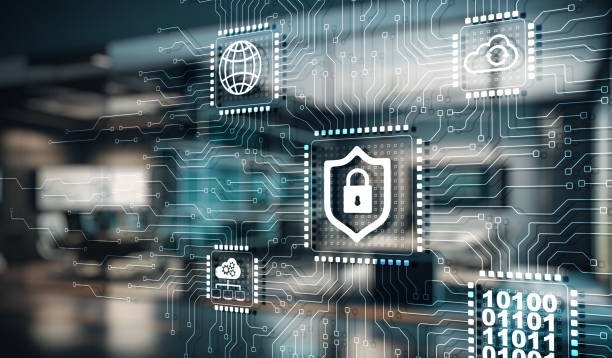Introduction to Religious Manipulation
Religion has played a pivotal role in human history, serving not only as a source of spiritual guidance but also as a tool for social control. In various societies, leaders and institutions have adeptly utilized religious beliefs to influence and manipulate populations, often for political or economic gain.
Historical Context of Religious Control
Throughout history, many rulers have recognized the power of religion to shape public opinion and maintain authority. From ancient civilizations to modern states, the intertwining of governance and faith has allowed those in power to justify their actions, control dissent, and establish societal norms. For instance, during the Middle Ages, the Church wielded immense influence, dictating moral standards and governance, often to suppress dissent and consolidate power.
Modern Implications and Reflections
In contemporary society, the manipulation of religion can still be observed. Extremist groups may exploit religious doctrine to recruit followers and promote agendas, while political entities may invoke religious sentiments to garner support for policies. This highlights the enduring potential for religion to be co-opted as a means of control, raising crucial questions about the authenticity of religious expressions in a politically charged environment.
As we navigate these complexities, it becomes essential to maintain a critical perspective on the intersection of faith and power, recognizing the ways in which religion can be both a source of inspiration and a mechanism for control. Understanding this dynamic is crucial for fostering a society that values genuine belief over manipulation.
“Still Trapped in the Matrix? Get the Truth They Don’t Want You to Know.”
👉 Instant download + weekly wake-up drops.
Every week, we drop powerful, unfiltered insights that expose the lies, break the system, and rewire your mindset.
This isn't motivation — this is mental warfare for freedom-seekers, rebels, and future millionaires.








